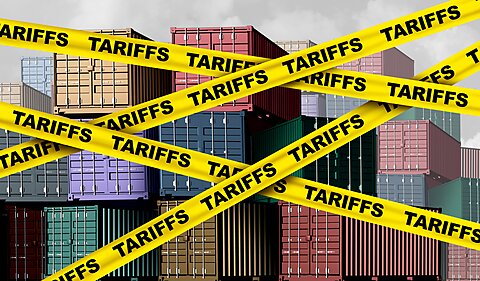The National Organ Transplant Act (NOTA) of 1984 outlawed the sale of human organs. Thus, NOTA cemented an altruism-based system where organs are donated freely rather than exchanged for money. As a result, the US relies on voluntary donations from living and deceased donors—a system with significant shortcomings.
Under the current system, over 100,000 Americans are on waiting lists, which puts them at risk for their ongoing conditions and means some 5,600 people die each year waiting for a transplant. The allocation of donated organs is also controversial; the current system bypasses patients next in line in 20 percent of transplants from deceased donors. In the past five years, over 1,200 “skipped” recipients have died.
An alternative approach is to legalize the purchase and sale of organs. This would expand the supply—from living and deceased donors—benefiting both the recipients and the donors.
This approach might sound bizarre, but it exists. In 1988, Iran implemented a system in which donors receive standardized financial compensation along with benefits like health insurance. Kidney transplant rates doubled, and by 1999, the waitlist was gone. The system did not detract from deceased donations—in 2000, only 1.8 percent of donors were deceased, compared to 12 percent in 2004 and 2005. This open organ market eradicated many of the illegal, underground kidney transplants that once flourished.
Some may claim an open market exploits the poor, but this is not the case. People have different tastes and genetic advantages suited for organ donation, so poverty does not solely determine who supplies. Moreover, many other forms of work are both necessary and unpleasant, bodily (surrogacy) or not (cleaning toilets).
Finally, some critics also contend that a legal market would allow the wealthy to monopolize receipt of the legally supplied organs. Distribution, however, is a separate question. Both government-sponsored and private health insurance could purchase organs for poor recipients; the average kidney price in Iran is only about $4,400.
Thus, instead of an altruism-based system that results in life-ending shortages, the US should adopt an open organ market.
This article appeared on Substack on March 12, 2025. Jonah Karafiol, a student at Harvard College, co-wrote this post.
























